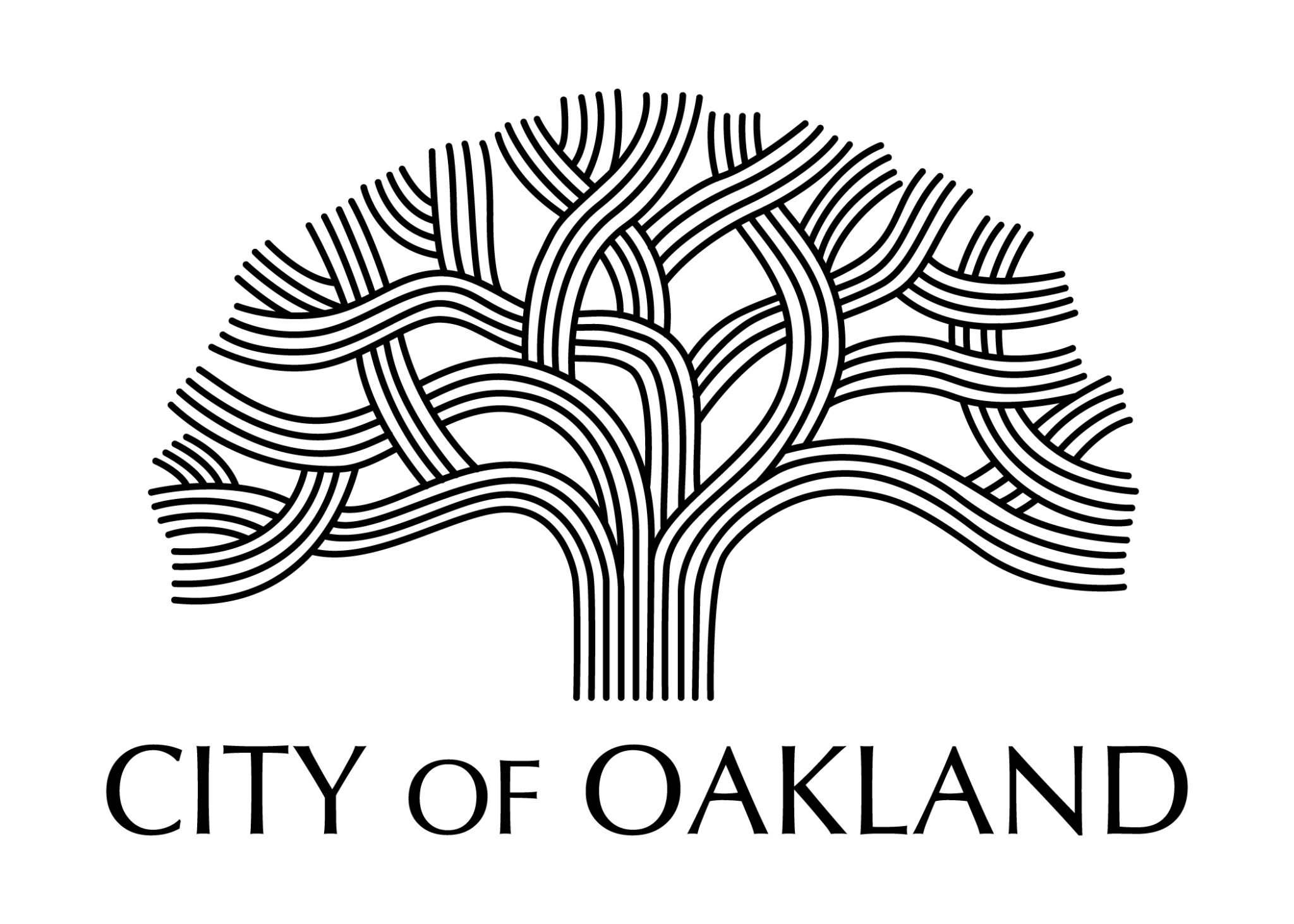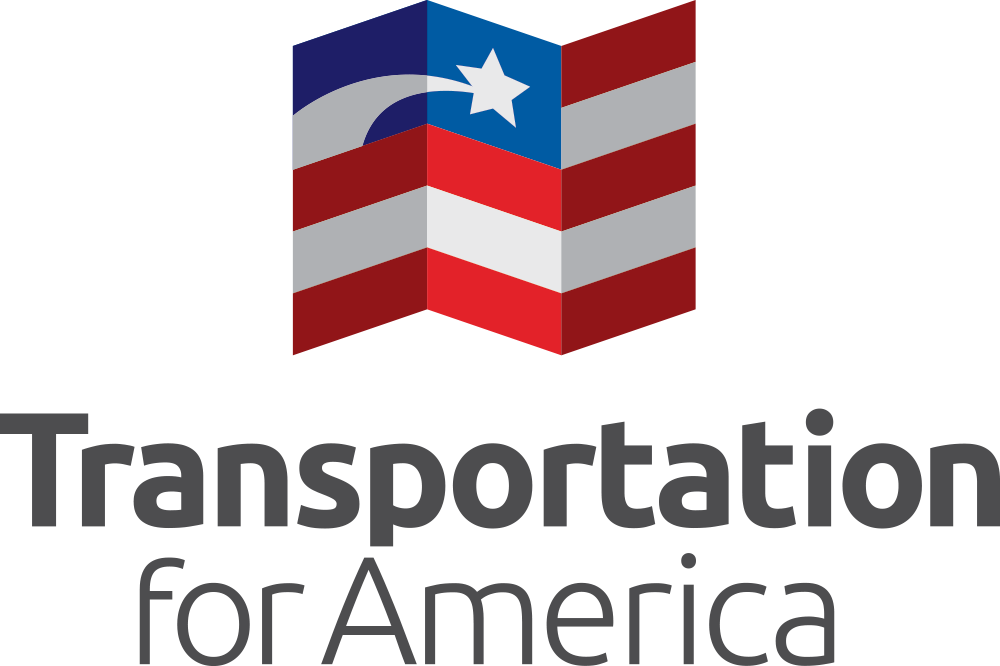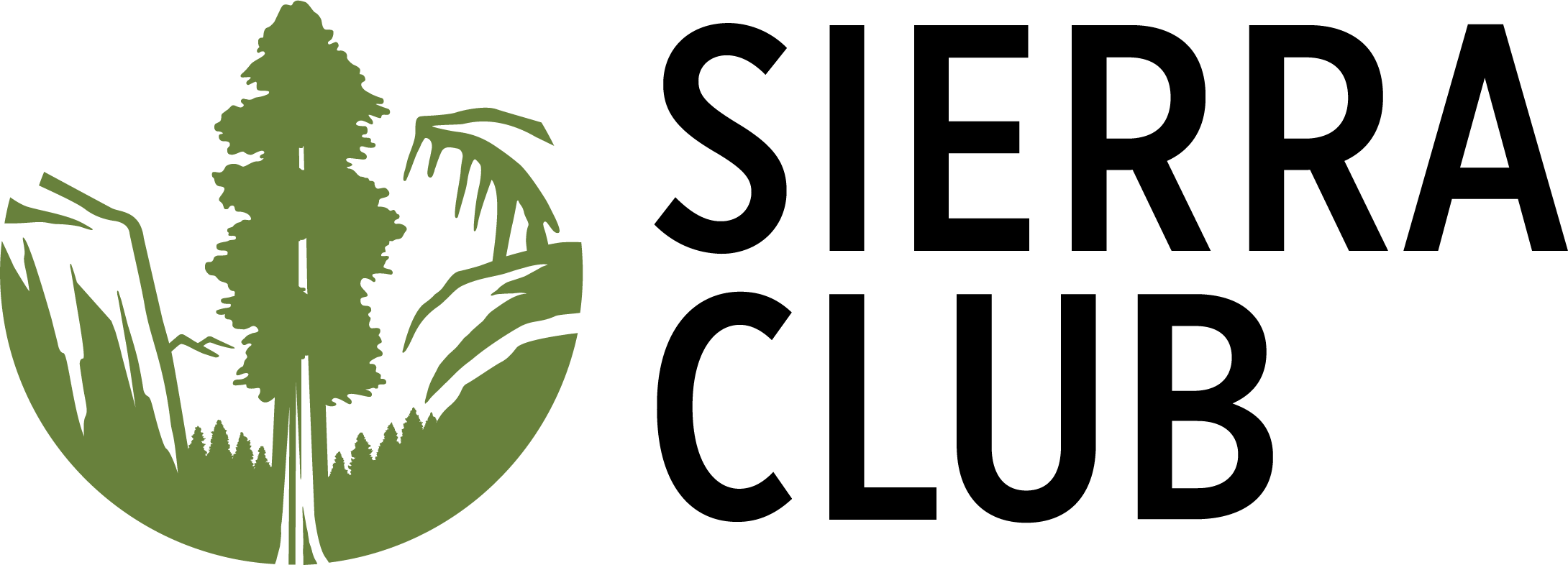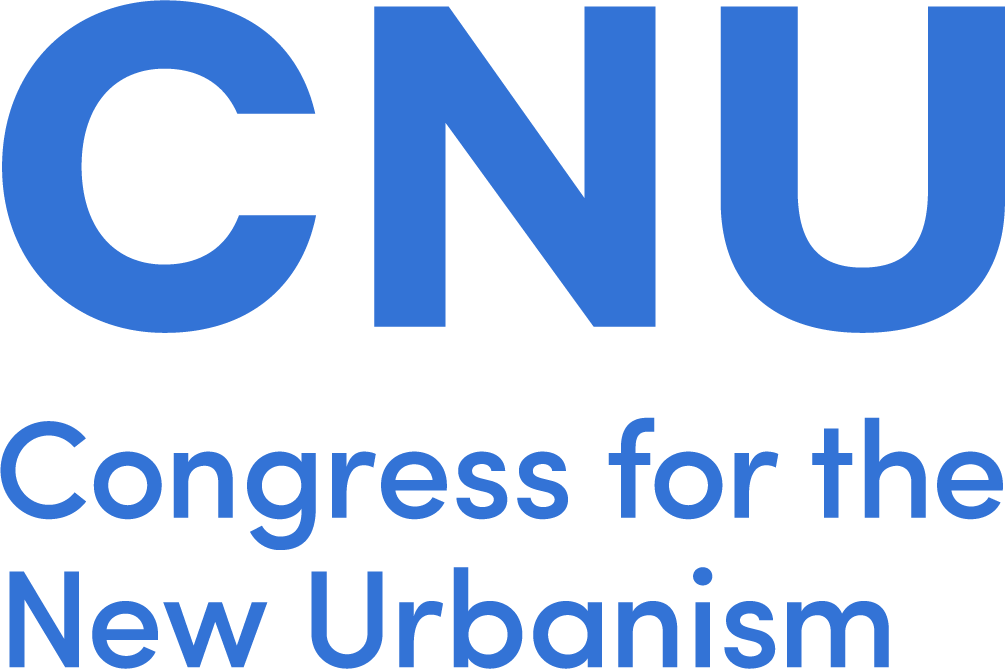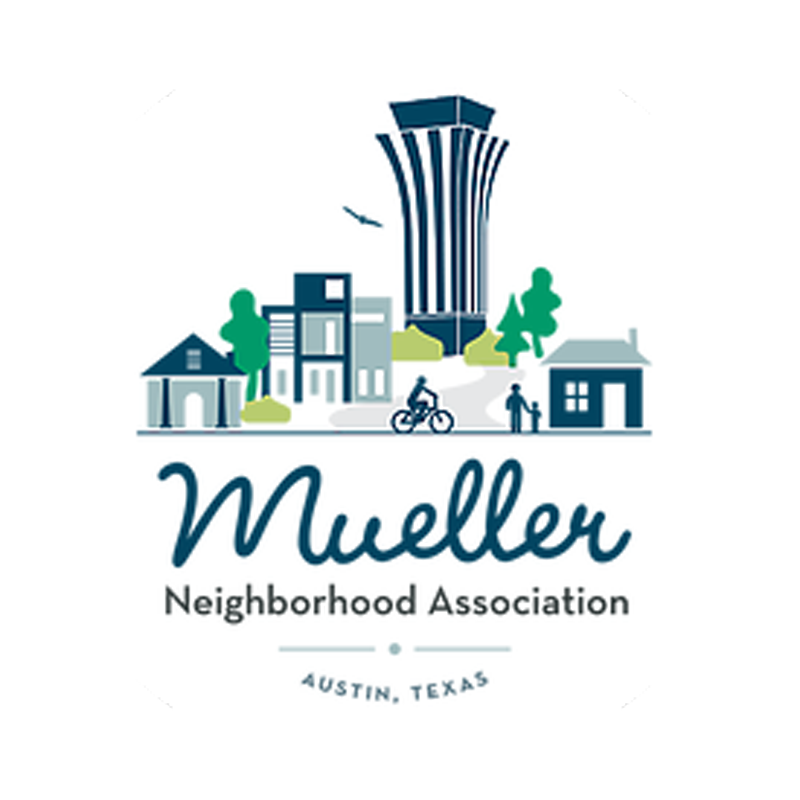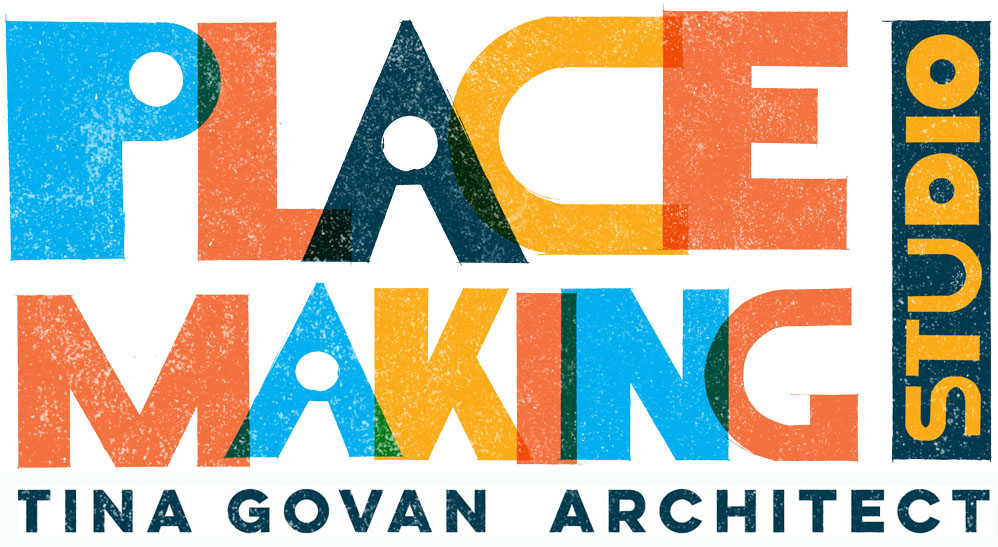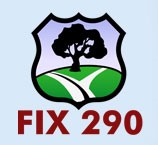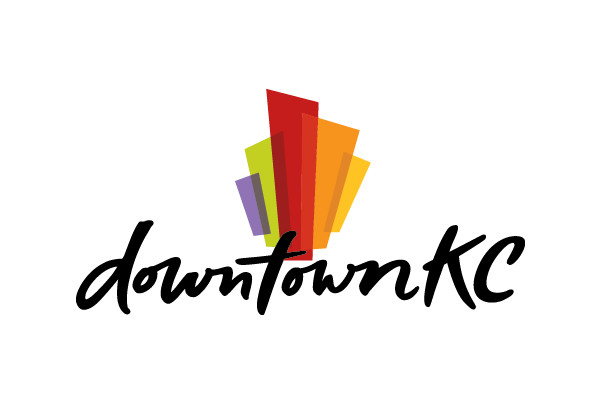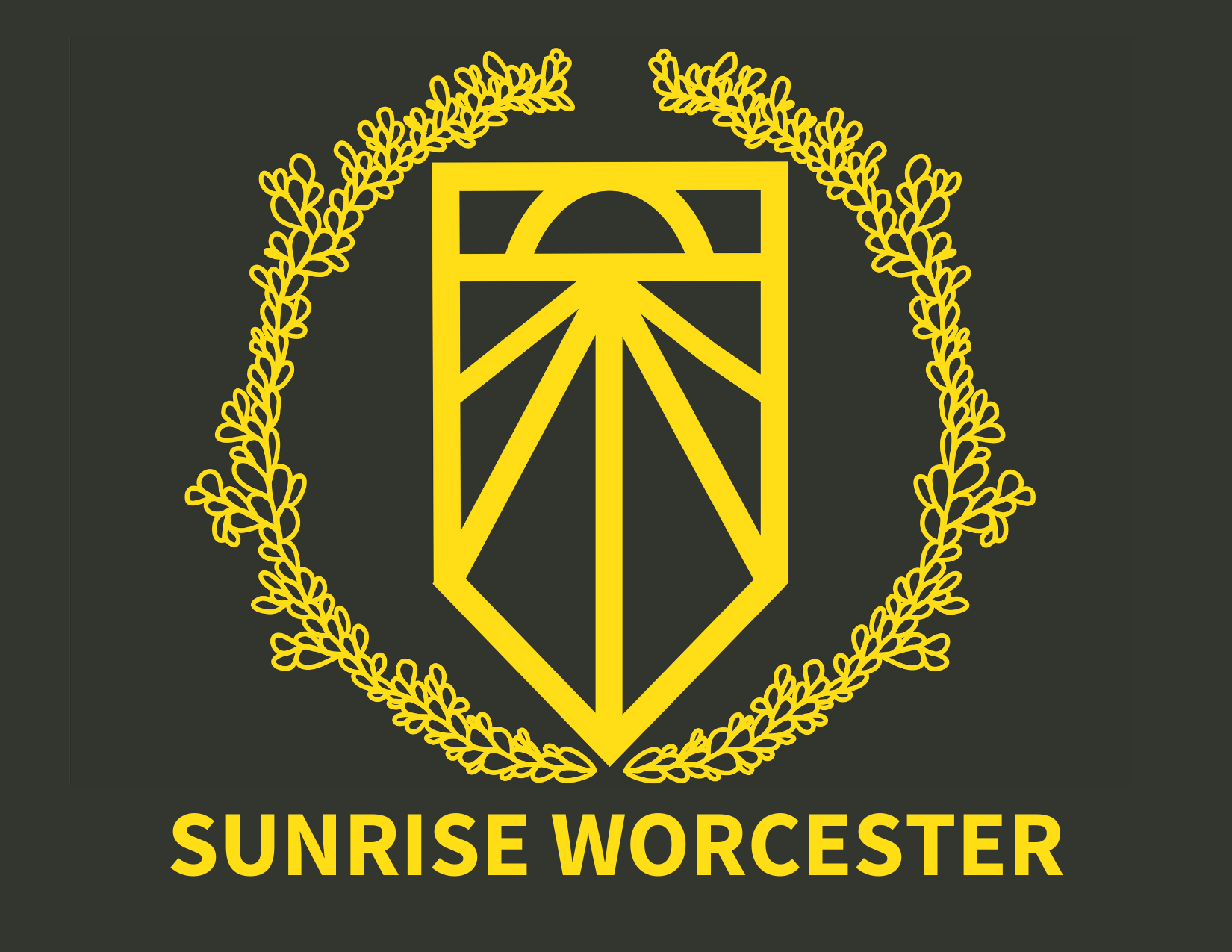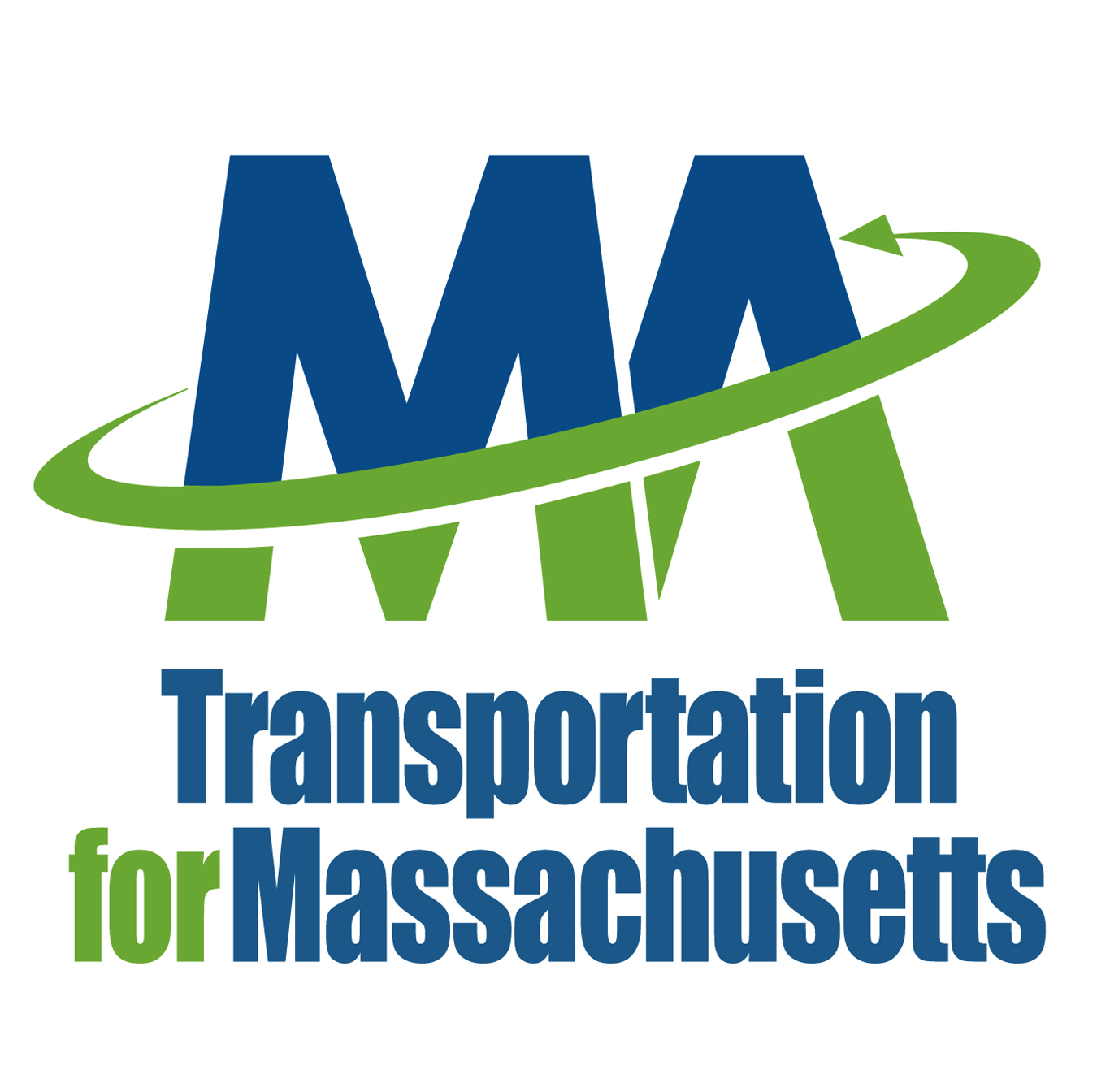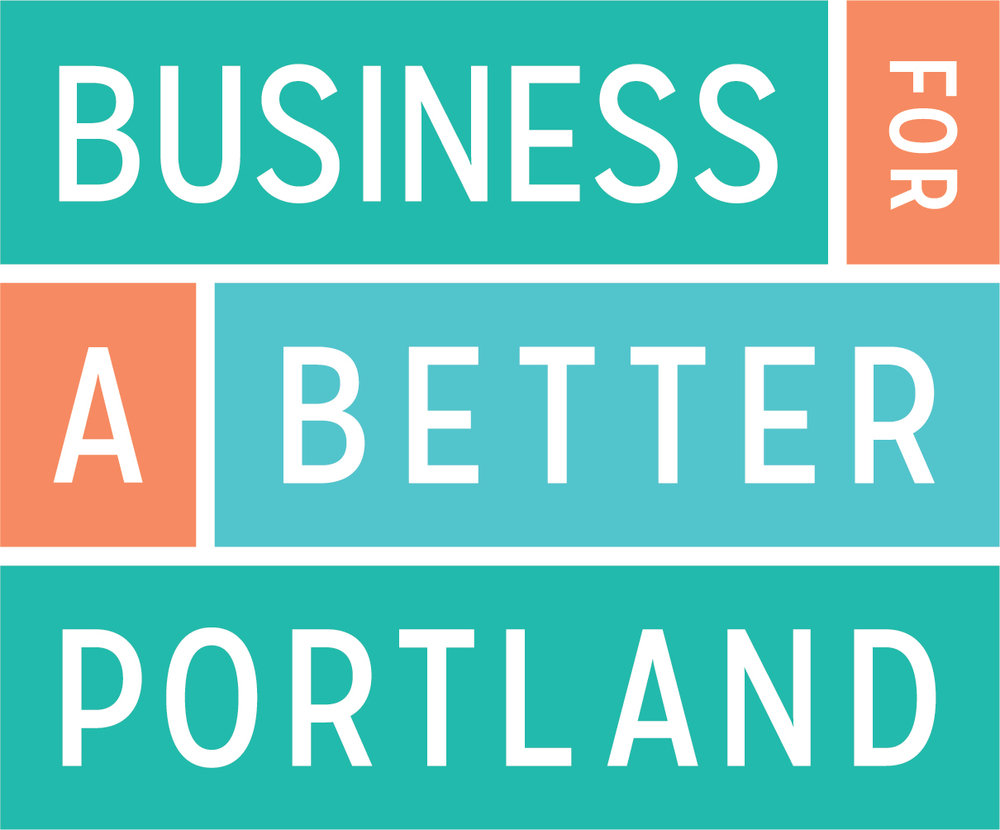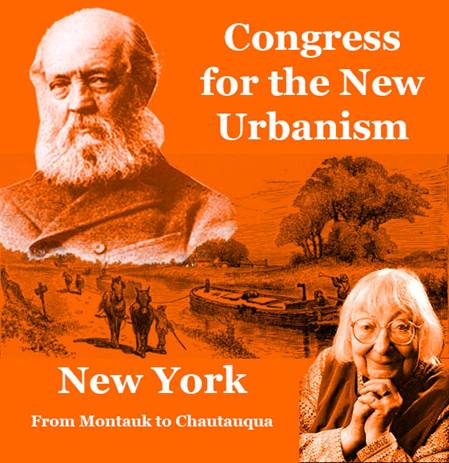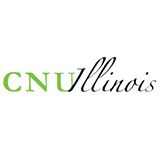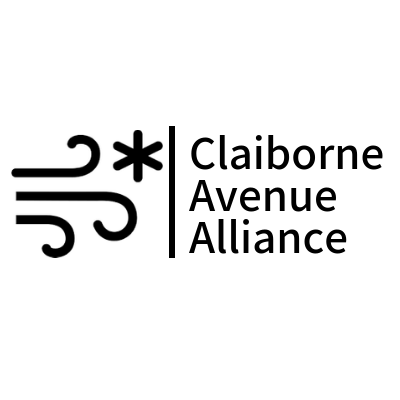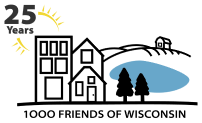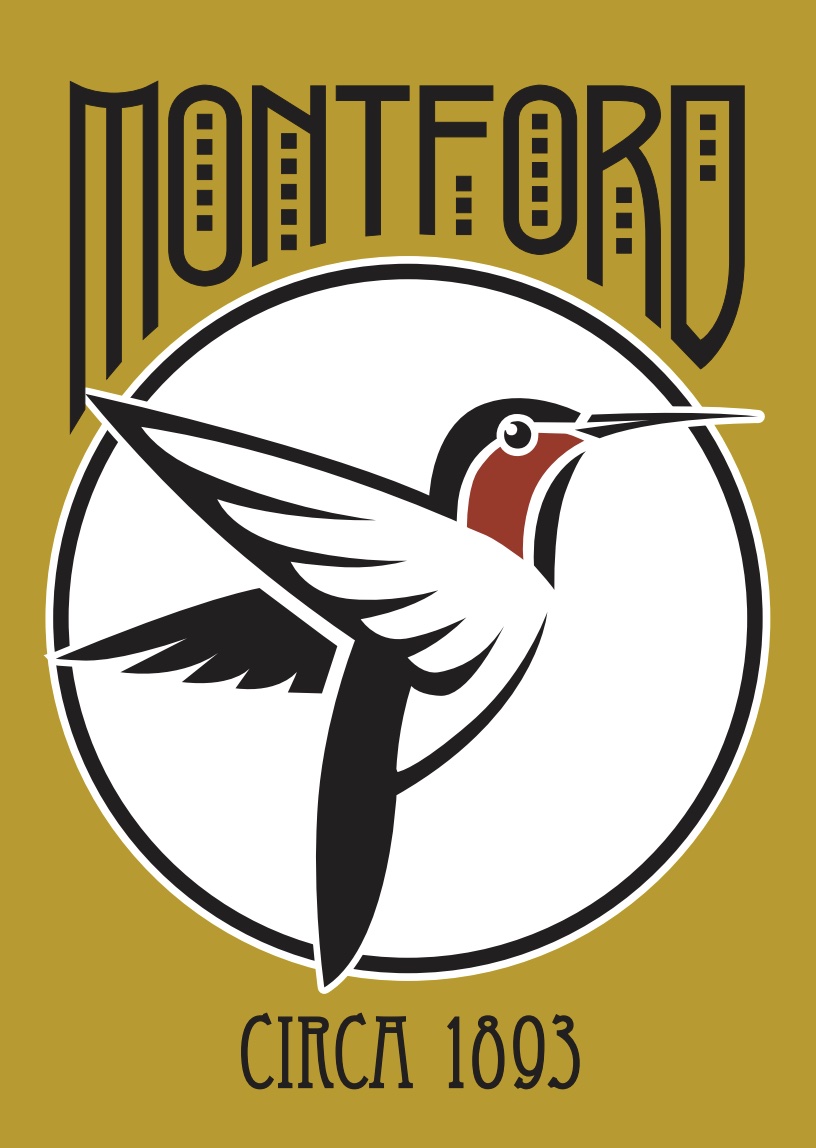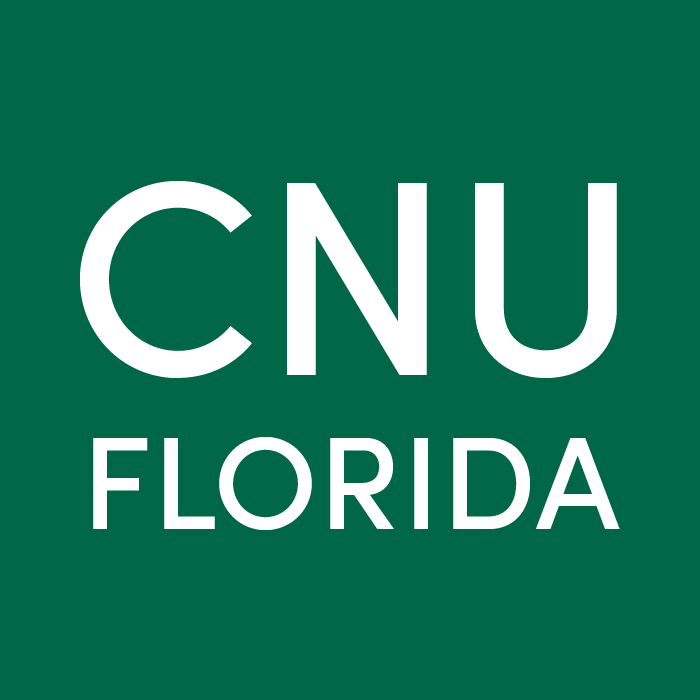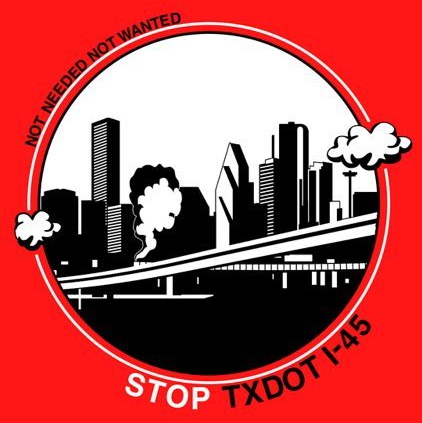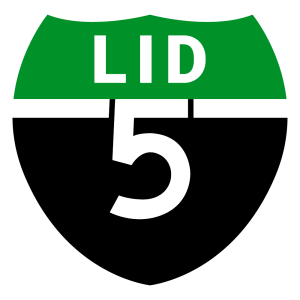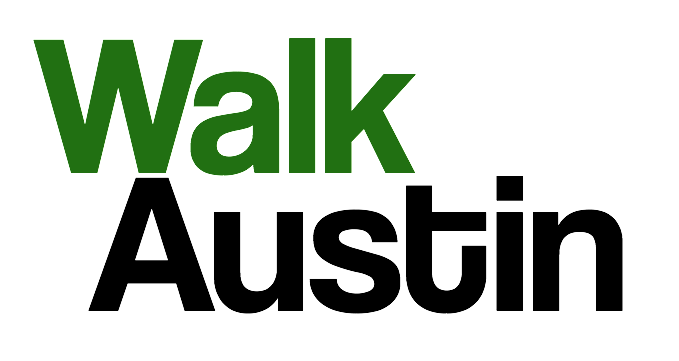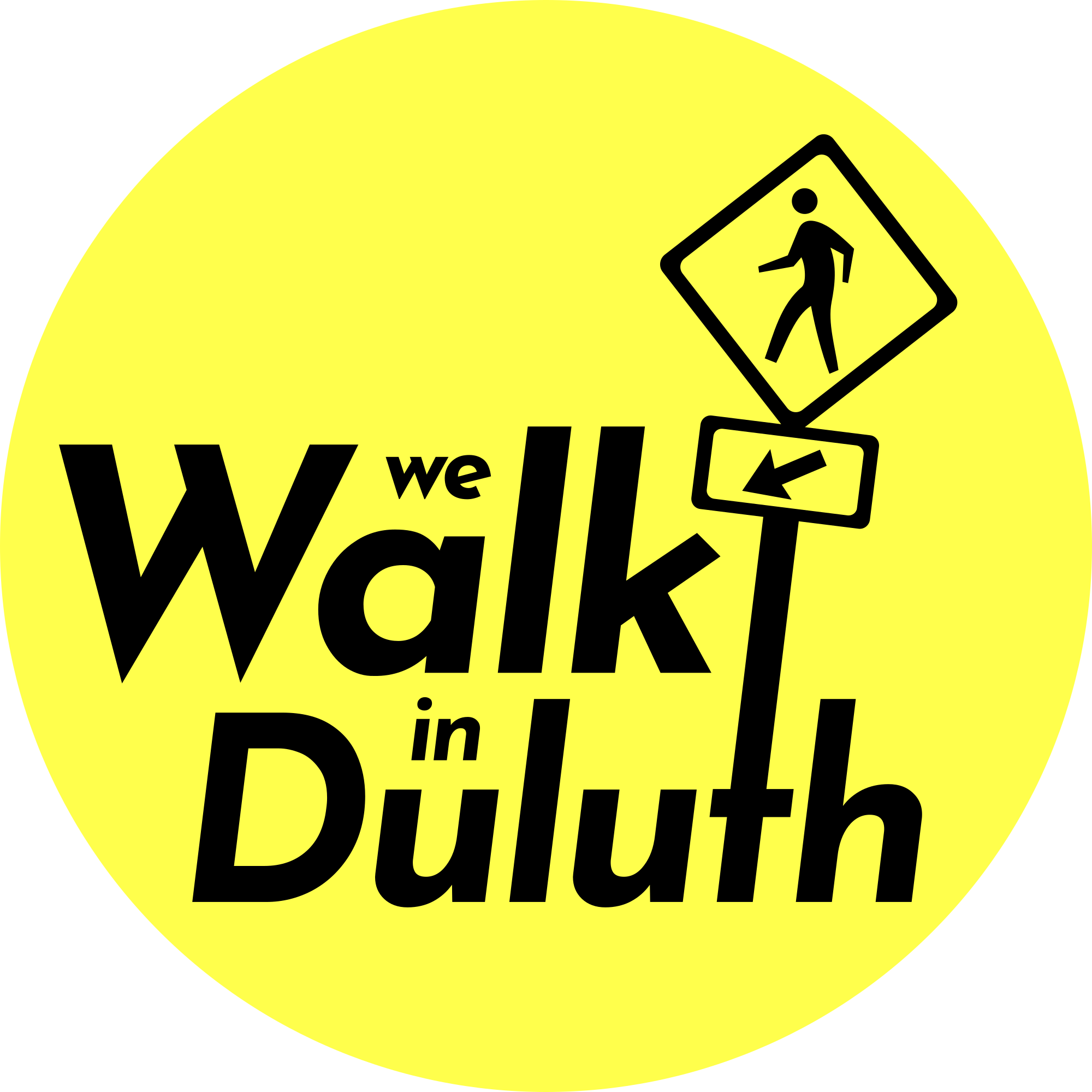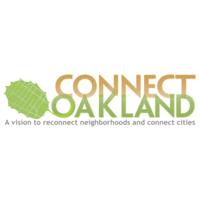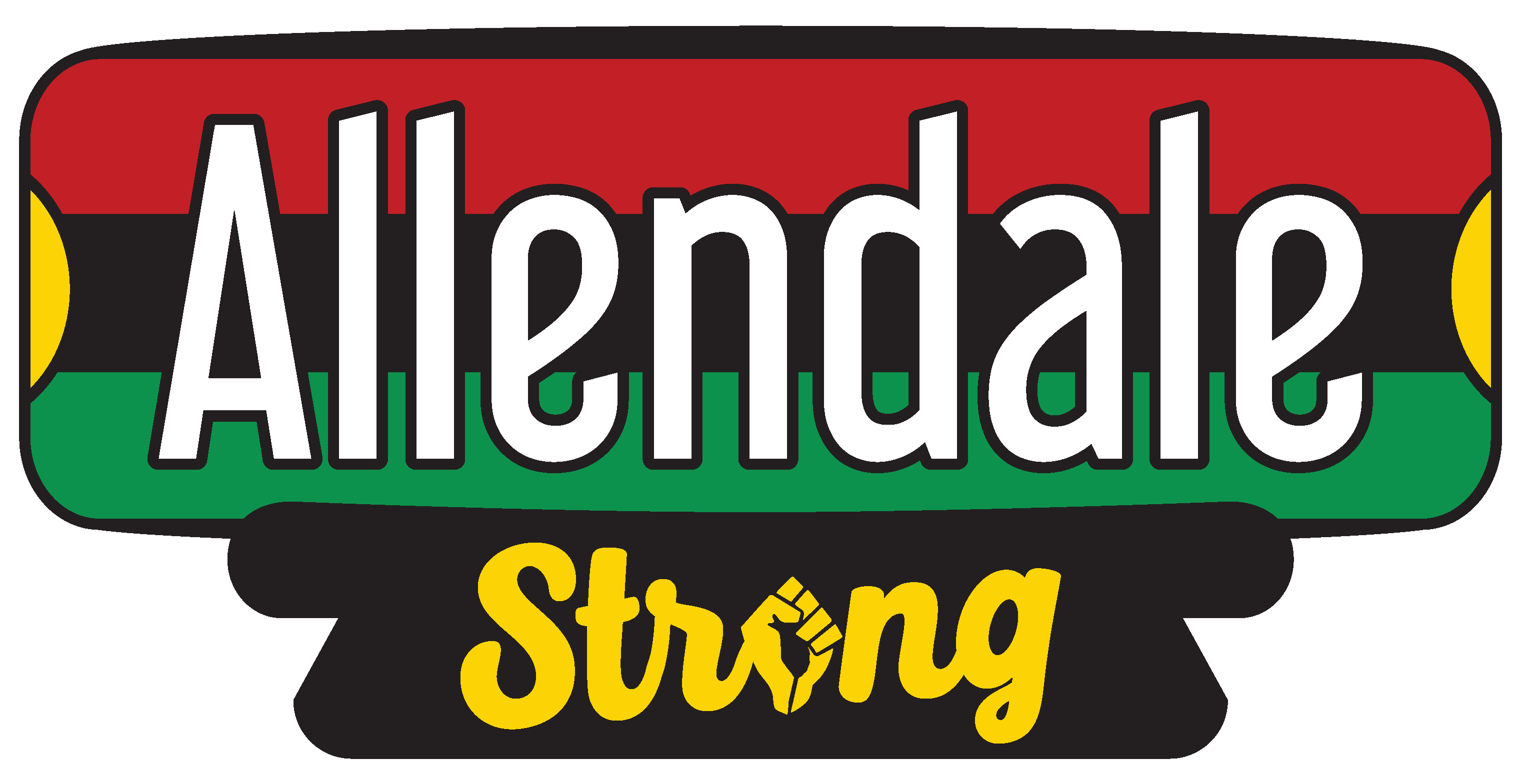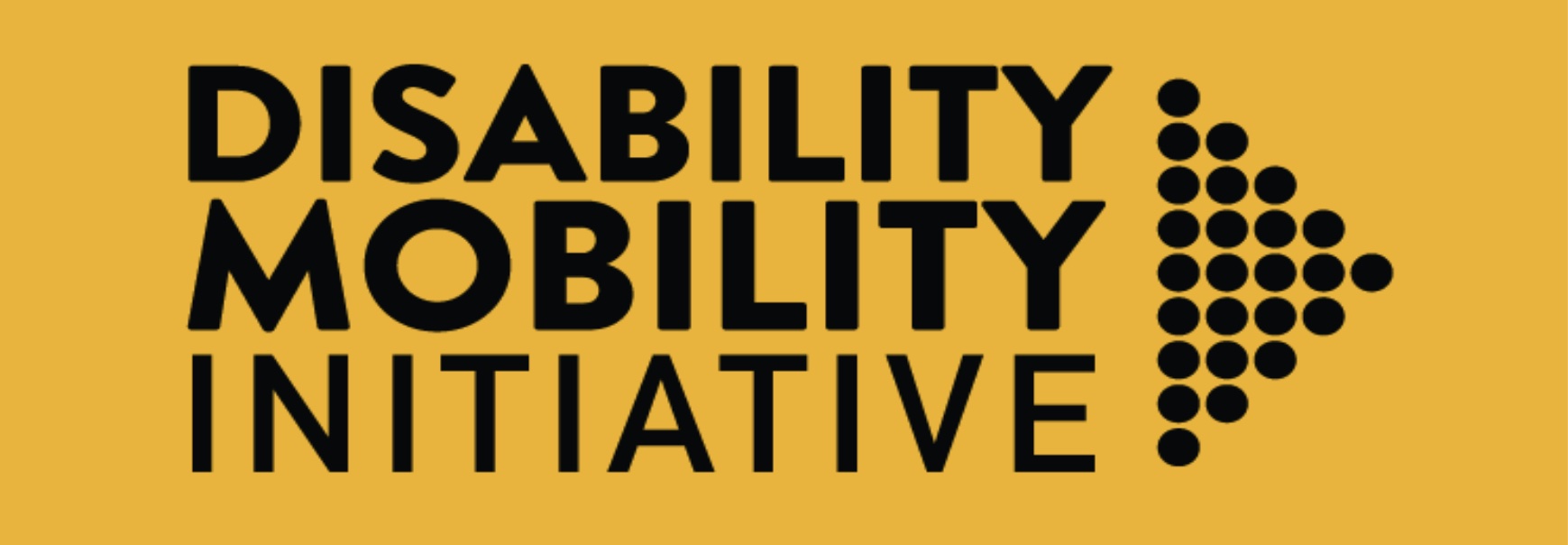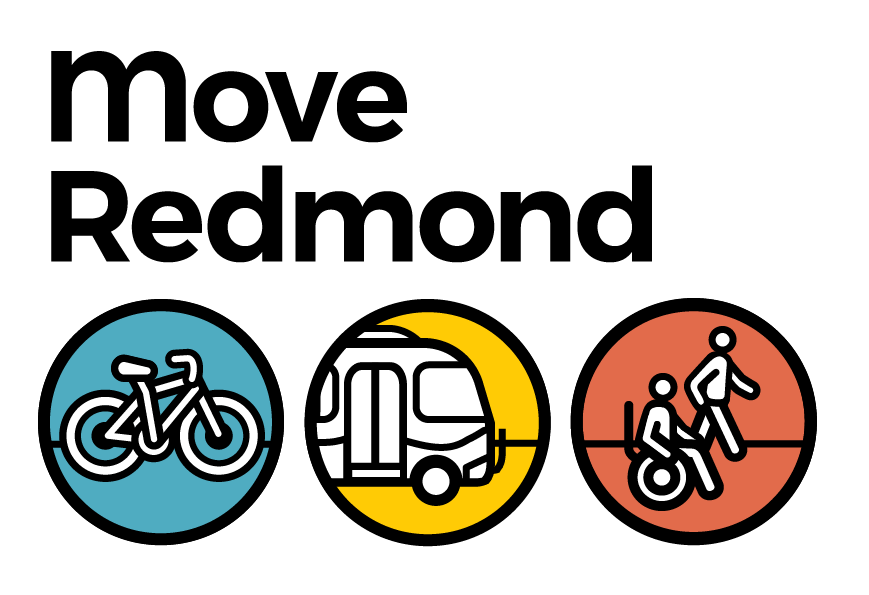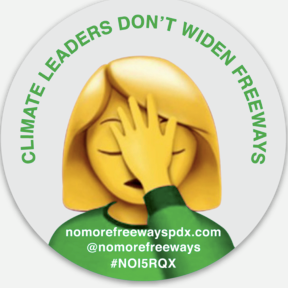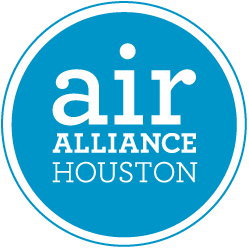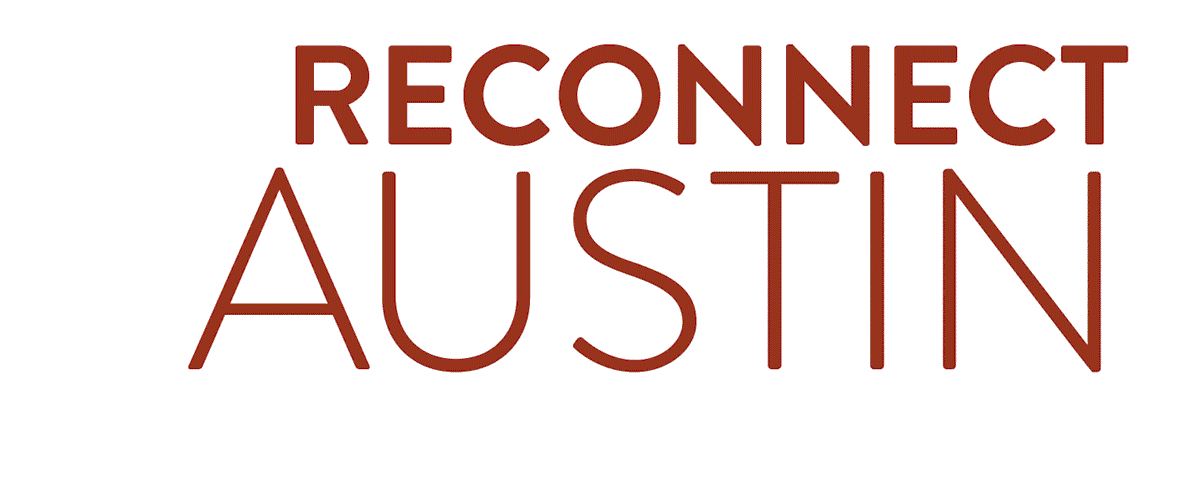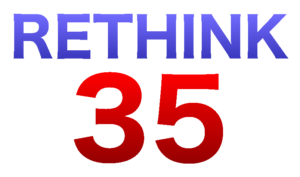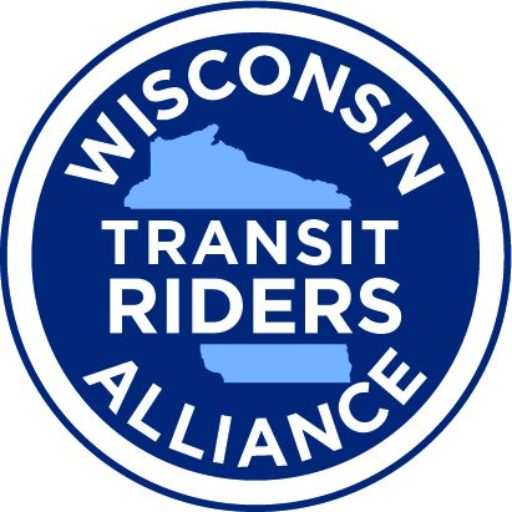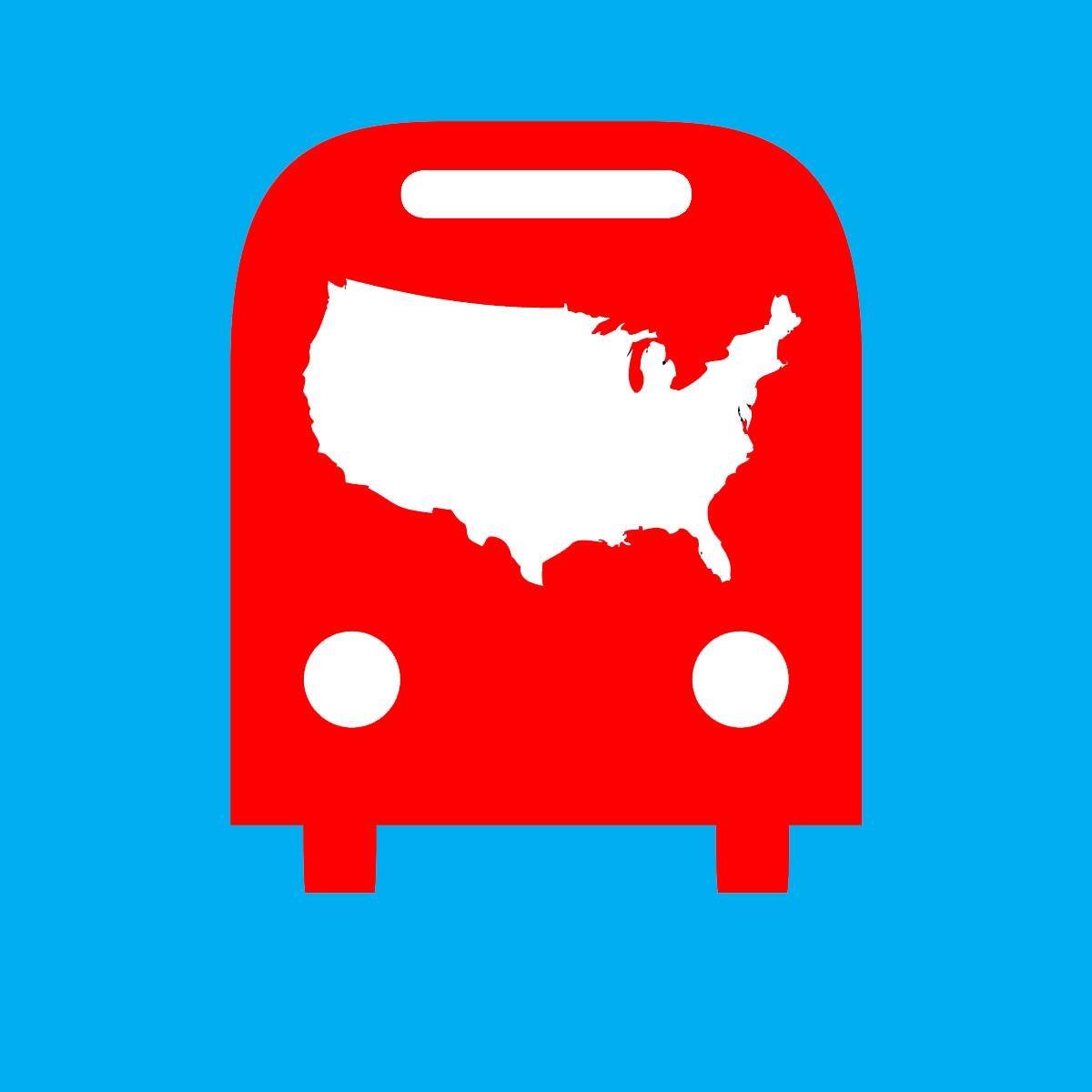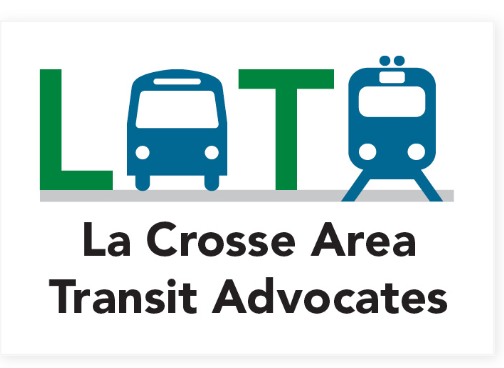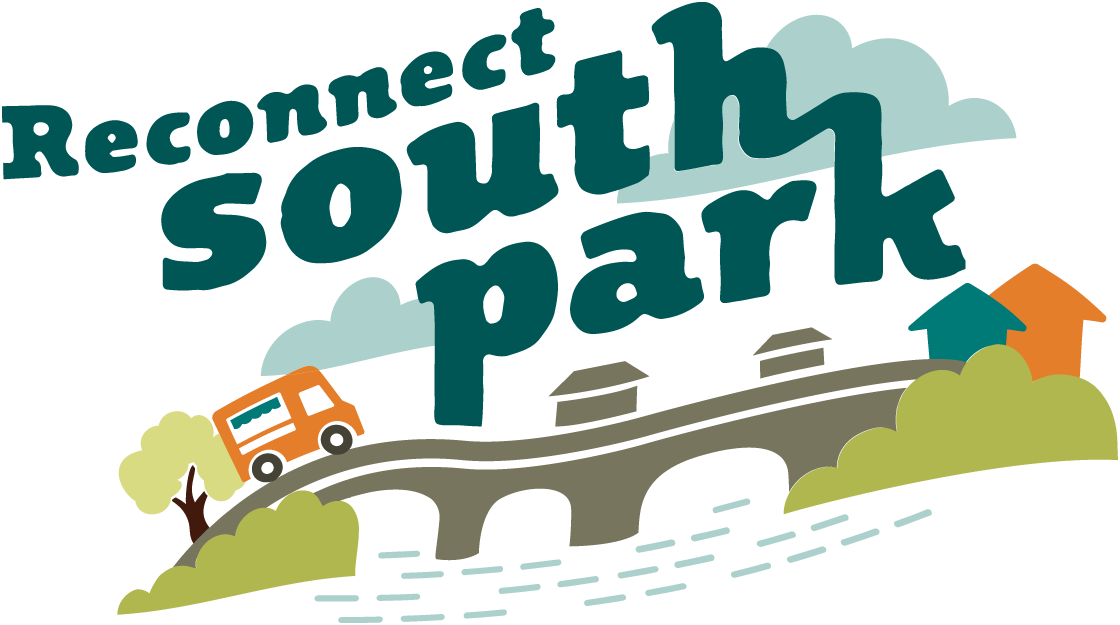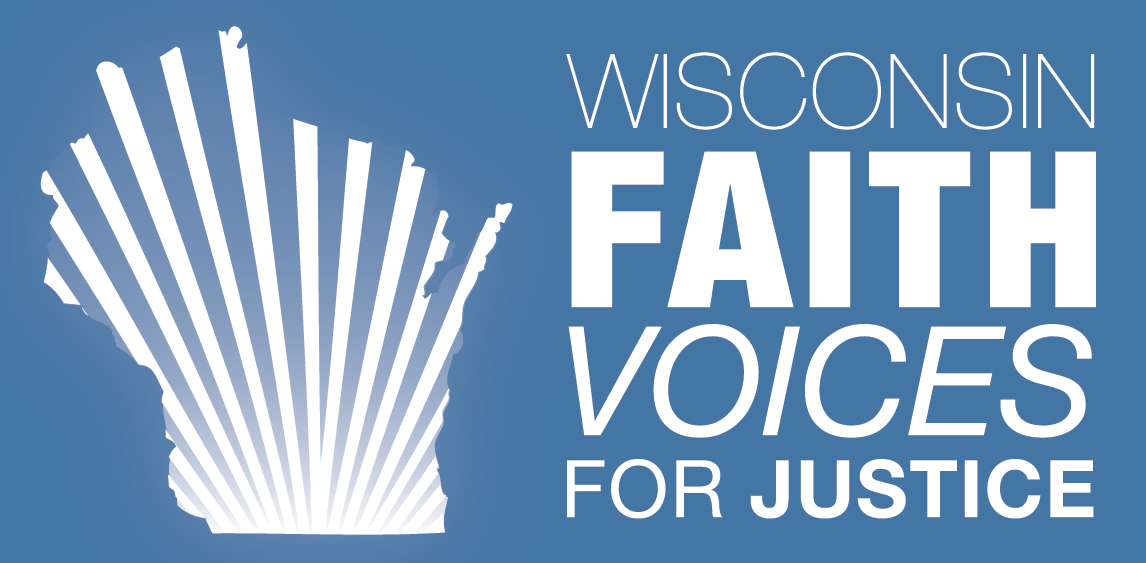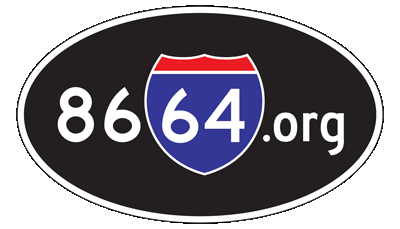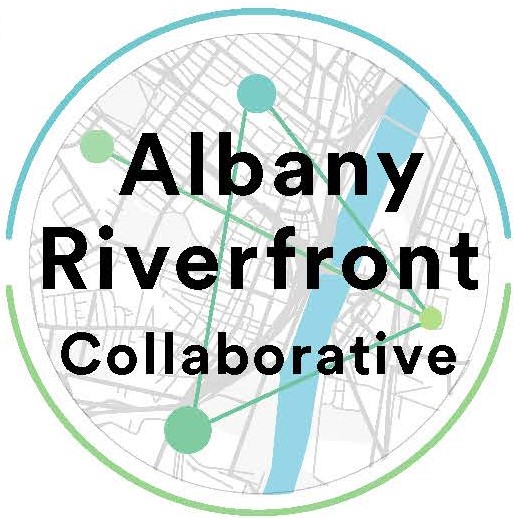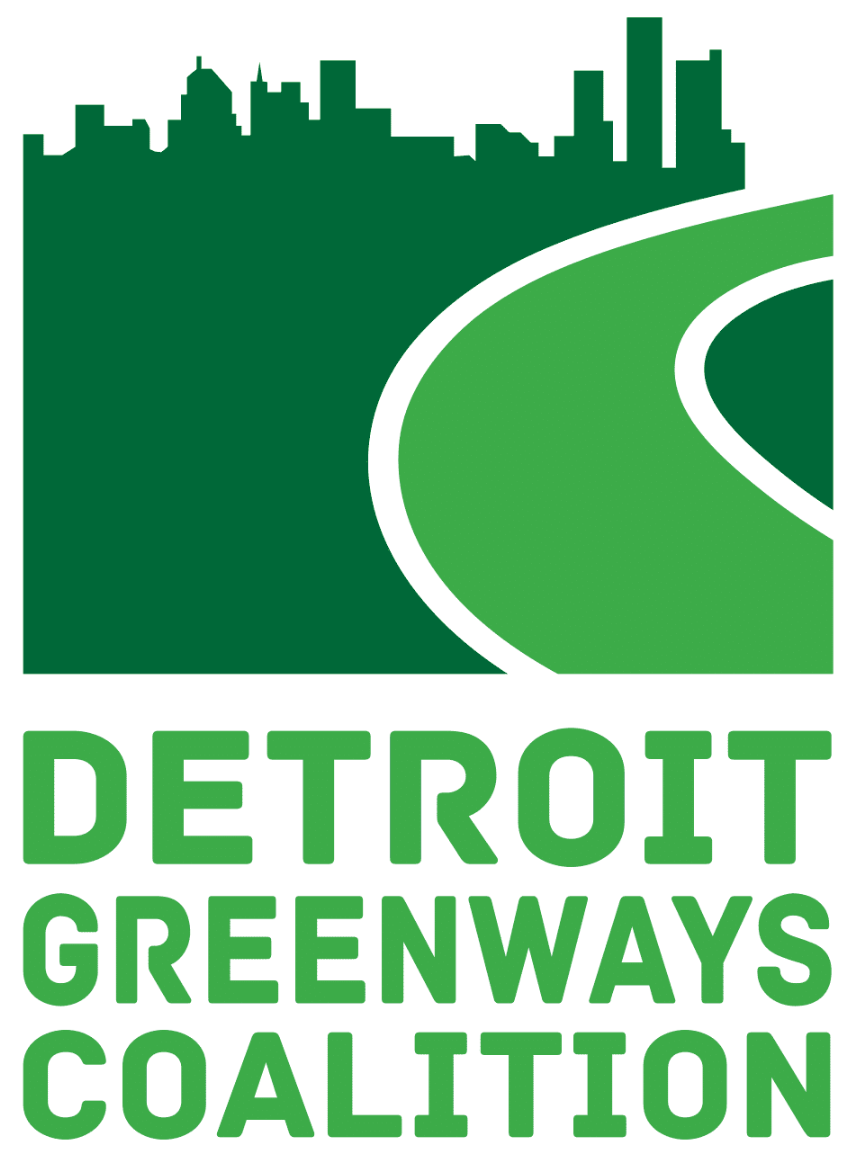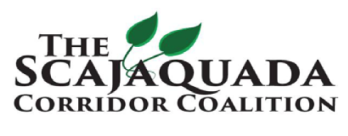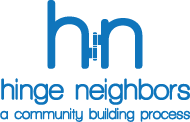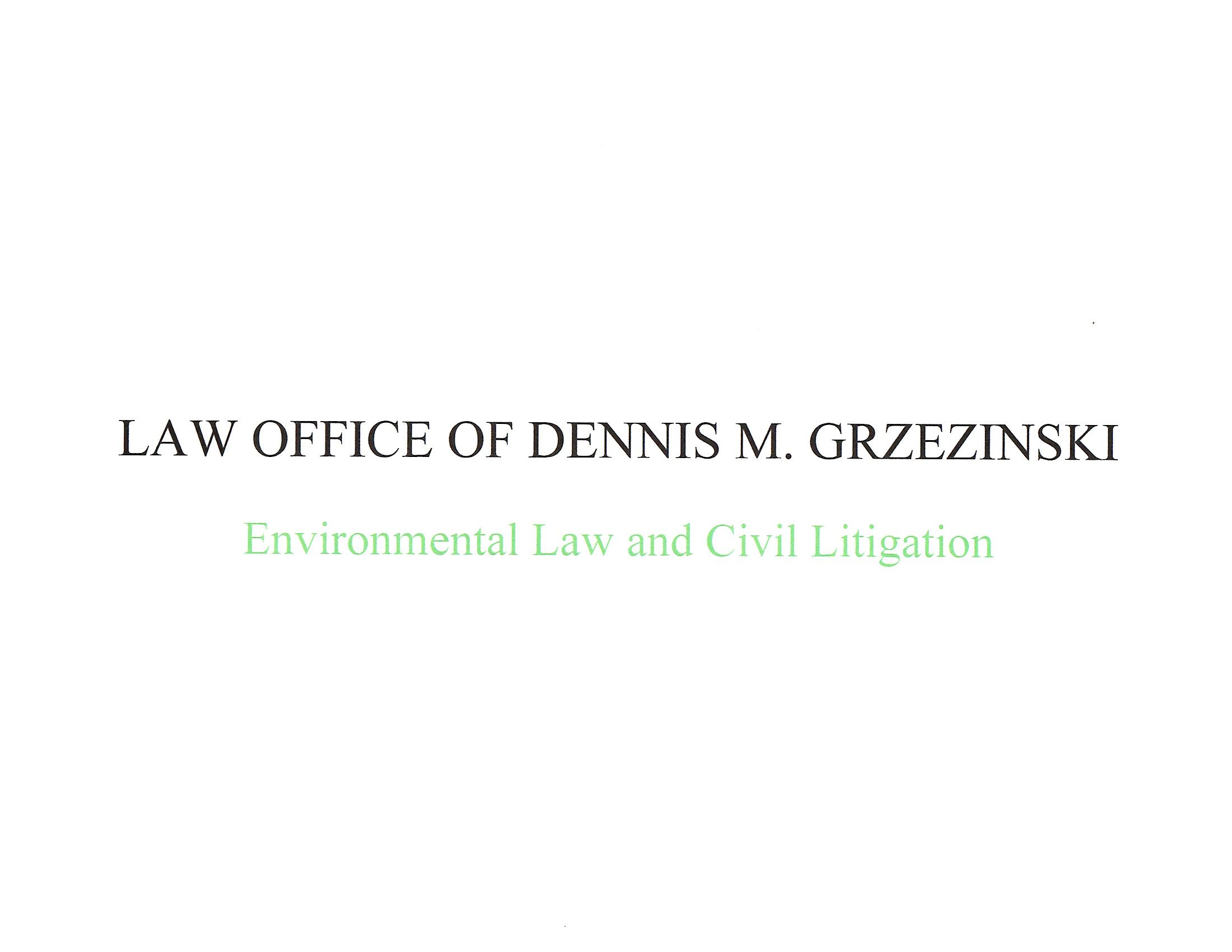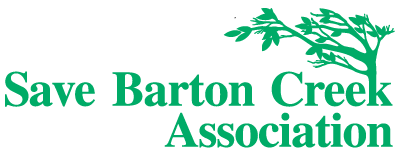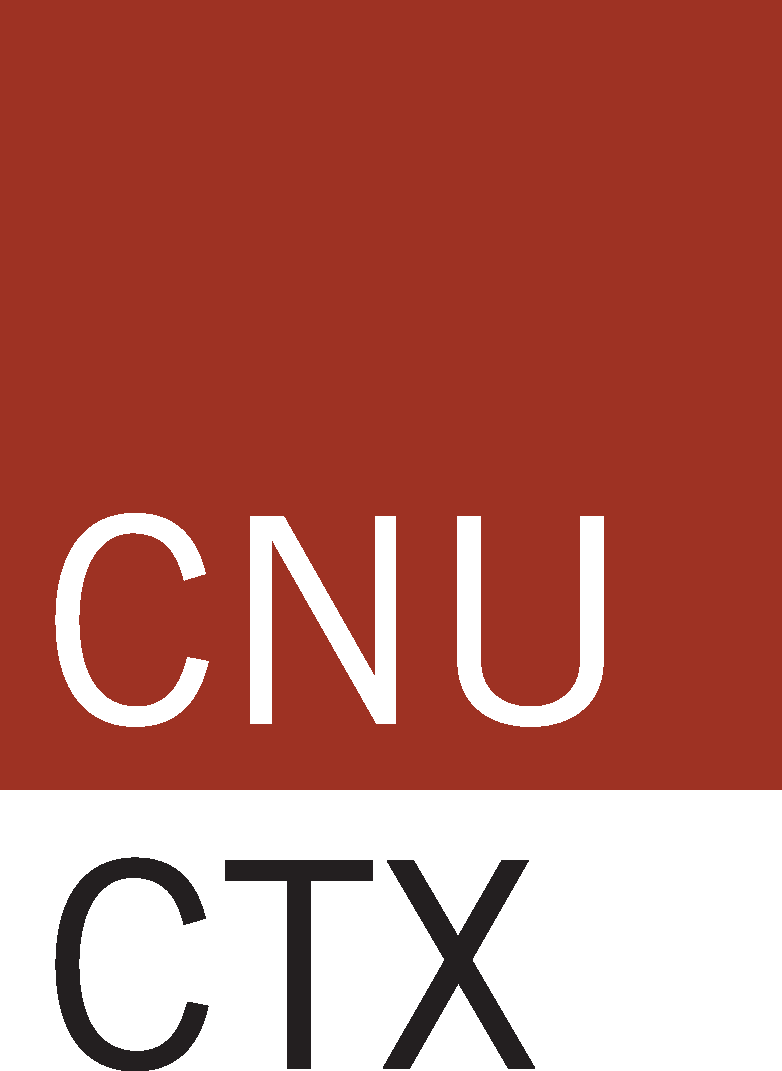On behalf of a nationwide coalition of campaigns seeking to reimagine freeway corridors in American cities, we call on our leaders in Congress to support the proposed Reconnecting Communities program included in the current Bipartisan Infrastructure Framework; expand funding for the program; and to create additional guidelines, outlined below, to facilitate community participation within the program and to prevent displacement caused by program-related projects.
We are thrilled that with the Reconnecting Communities program Congress has recognized and signaled interest in addressing the historic injustices that highways have caused, especially to communities of color. However, funding the program at 1/20th of its original proposed budget would greatly reduce this opportunity to reconnect and heal communities divided by interstate highways and other infrastructure. Many freeway capping and highway-to-boulevard projects have already entered into feasibility studies, a large number of which individually are estimated to cost more than the program’s current $1 billion budget. Without additional funding, the program will either fail to adequately fund even one full project from planning to implementation, or will grant many communities the opportunity to reimagine their neighborhoods without providing any follow-through in the form of dedicated capital construction funds.
We call for additional guidelines within the Reconnecting Communities program that ensure it puts the people living around highways first. State departments of transportation have lost the trust of many of the communities this program would assist, and for good reason. While state DOTs are important partners in these endeavors, they continue to build and expand the highways that have divided communities. Any bill that channels money exclusively to these agencies will not meaningfully change the status quo. Instead, we ask that the program fund community engagement and capacity building that local, community-based nonprofits and organizations are eligible to apply for. Organizations like these are already working with residents on a volunteer basis and have the power to build consensus around these projects to advance a community vision. All they need is funding.
When it comes to implementing Reconnecting Communities projects, we recognize the potential economic benefits infrastructure investment of this scale can generate. We hope to see strong guidelines that steer those economic benefits to the residents who have been harmed by the existence of the infrastructure barriers. This starts with requiring capital construction grantees to enact anti-displacement protections that will keep residents in place once a highway is removed or covered. Studies have shown projects that remove infrastructure barriers can also increase the potential for the displacement of long standing residents, who find themselves priced out of their communities. Without anti-displacement protections, the Reconnecting Communities program threatens to harm the communities it is meant to help. The Reconnecting Communities program should also prioritize contracting design and construction businesses that are based in the project area, to further increase local economic benefits.
The Bipartisan Infrastructure Framework also comes with a historic investment in highway building. We hope that there will be guidelines in place on this spending to ensure maintenance is prioritized over expansion or building new roads that will further divide communities. Without proper guidance, the Bipartisan Infrastructure Framework will replicate the very problems that the Reconnecting Communities program seeks to address, undermining the concepts of equity, sustainability, and community described by the Secretary of Transportation and backed by the White House.
With these priorities in mind, we hope to see an expanded Reconnecting Communities program in the final Bipartisan Infrastructure Framework, one that increases funding and roots the program in community priorities. The existing Reconnecting Communities Act in the Senate (S.1202) and Restoring Neighborhoods and Strengthening Communities Act in the House (H.R. 2859) provide examples of a framework that we would gladly support. We urge you to enact the policies contained within these two pieces of legislation, either by passing them individually or by incorporating them in the Reconnecting Communities program of the Bipartisan Infrastructure Framework.
Thank you for your leadership.
